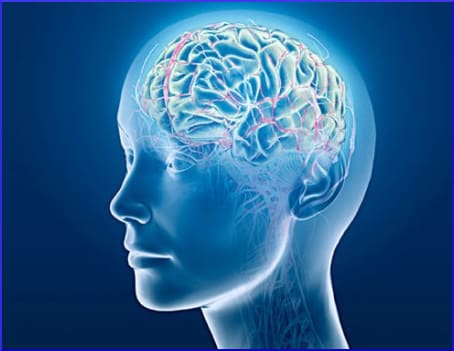
It appears very likely that psychiatrists and psychologists are uniquely situated to treat obesity, yet psychiatrists have acquired a reputation for making short and infrequent appointments with patients, for the sole purpose of writing prescriptions. There also seems to be a current shortage of psychologists.
According to one theory, FOMO (fear of missing out) is not a silly fad, but a deeply ingrained response to a hostile universe. Hunters and gatherers both need to be on the alert at all times, lest any potential food source run away or be overlooked. We humans are designed to take advantage of anything that does not eat us first.
In many parts of the world, people still struggle with insufficient nutrition. This even includes most of the developing world and the so-called first world, where in one sense there may be plenty to eat, but a lot of it is not exactly food. The instinctual urge to consume everything that crosses our path does not serve us well. In order to survive today’s world, the omnivore reaction needs to be unlearned.
This is the exact kind of problem that a professional who is not necessarily a psychiatrist — or even a psychologist — is trained to deal with. A long succession of psychoanalytic sessions may help, but for most people it’s not a realistic option, and it’s not the only way.
Never enough
People today are beset by a variety of mental maladies which, although unfamiliar, are nevertheless real. A study of more than 40,000 college students in the U.S., Britain, and Canada concluded that an “irrational desire” drives members of the millennial and Z generations into depression.
What is this irrational desire? It is, according to Maggie Parker, contributing writer for Yahoo Lifestyle, a longing for… perfection.
The researchers define perfectionism as “a combination of excessively high personal standards and overly critical self-evaluations.” One of the big problems, notes Dr. Barbara Greenberg, is social media. Everybody compares themselves to the online portrayals of friends and strangers, and believes that they come up short. If body image is the area of concern, the eating disorder known as anorexia nervosa might develop. More commonly, it goes the other way.
The feeling of inadequacy, of never being good enough, causes anxiety and depression — two of the main conditions for which people use food to self-medicate. The unreasonable craving for perfection can lead to the most literal kind of hunger, the kind that results in obesity. And that’s just the enemy within. Plenty more hostility comes from the outside. Socially prescribed perfectionism is the kind demanded by others, rather than the self, and it needs to be quelled.
In other words, it is detrimental to a person’s emotional health, to care too much about what other people think. Socially prescribed perfectionism…
[…] was positively related to a range of psychological disorders and symptoms of disorders, including social phobia, body dissatisfaction, bulimia nervosa, and suicide ideation, and had the greatest relationship between other dimensions of perfectionism and depression and anxiety.
As we have learned, psychiatric nurse practitioners are trained in therapeutic modalities that enable patients to overcome anxiety and depression. This places them among the non-psychiatrists who can help reverse the obesity epidemic. Members of many job categories can impact obesity. Leading the way out of such hangups as socially prescribed perfectionism, is what therapists do.
Your responses and feedback are welcome!
Source: “The ‘irrational desire’ driving millennials and Gen Z into depression,” Yahoo.com, 01/03/18
Photo credit: digitalbob8 via Visualhunt/CC BY

 FAQs and Media Requests:
FAQs and Media Requests: 











